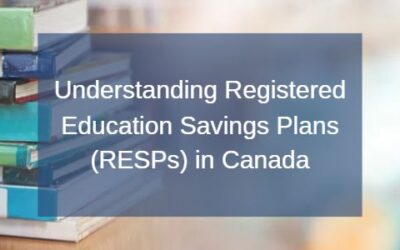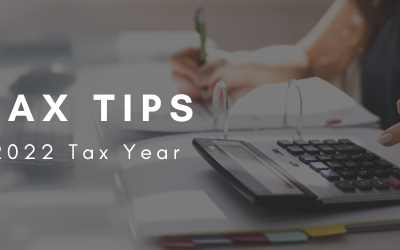2023 Personal Year-End Tax Tips
The end of 2023 is quickly approaching – which means it's time to get your paperwork in order so you're ready when it comes time to file your taxes! In this article, we've covered five different major types of 2023 personal tax tips: Investment Considerations...
Tax Free Savings Account
Unlock financial freedom with TFSA! Discover tax-free growth, flexible withdrawals, and more in our comprehensive guide. Read now!
Life Insurance after 60- is it necessary?
You may have had life insurance for as long as you can remember. You knew it was important to make sure that your family would be taken care of and be able to pay their bills if anything happened to you.
But now that you’re over 60, your children are grown, and your mortgage is paid off, you may feel you don’t need life insurance anymore. However, there are some circumstances under which it may still make sense for you to have life insurance:
• You still have substantial debt.
• You have dependent children or grandchildren.
• You want to be able to leave a financial legacy.
Understanding Registered Education Savings Plans (RESPs) in Canada
Dive into the details of Registered Education Savings Plans (RESPs)! This guide covers how RESPs work, eligibility criteria, benefits, and government grants such as the Canada Education Savings Grant. Learn how to open an RESP and safeguard your child’s educational future.
Don’t lose all your hard-earned money to taxes
It’s essential to manage your tax planning properly – both while you are living and for after your death. You want as much of your money as possible to go to your beneficiaries, not the government. Our article contains three tips to help you do that:
1. Learn how to make the most of the lifetime capital gains exemption.
2. Figure out ways to decrease your end-of-life tax bill.
3. Look into Immediate Financing Arrangements.
Do you have enough for retirement?
Many of us dream of the day that we can retire and have the time to ourselves that we have dreamed of for so many years. But, to have a genuinely contented and relaxing retirement, you need to ensure that you have the means to afford it. So, now’s the best time to consider the three critical stages of retirement planning.
1) Accumulation
2) Pre-retirement
3) Retirement
Demystifying MER’s (Management Expense Ratio)
Investing in a fund involves knowing its associated costs, and the Management Expense Ratio (MER) is a crucial factor to consider. The MER is a percentage of the total assets in the investment fund that covers the fund’s operating and management costs. It’s important to note that the MER is subtracted from your investment returns, so a higher MER will result in lower net returns for you. For example, if a fund’s expenses amounted to 2% of its assets, its MER would be 2%. It’s crucial to understand the MER of a fund to make informed investment decisions and ensure that you’re getting the most value for your money. In this article and infographic, we will break down the various components of the MER to help you better understand it.
First Home Savings Account (FHSA): What You Need to Know
Are you looking to buy your first home in Canada? The First Home Savings Account (FHSA) could help make it happen. This savings plan allows first-time home buyers to save up to $40,000 tax-free, with contributions being tax-deductible. In this article and infographic, we cover everything you need to know about FHSA, including eligibility requirements, contributions and deductions, qualifying investments, withdrawals, and transfers.
Tax Tips You Need To Know Before Filing Your 2022 Taxes
It’ll be time to file your 2022 taxes soon, and you must take advantage of every tax credit and deduction you can! Our article covers the following:
• Canada Workers Benefit.
• Claiming home office expenses.
• The tax deduction for zero-emissions vehicles.
• Return Of Fuel Charge Proceeds To Farmers Tax Credit.
• Eligible Educator School Supply Tax Credit.








